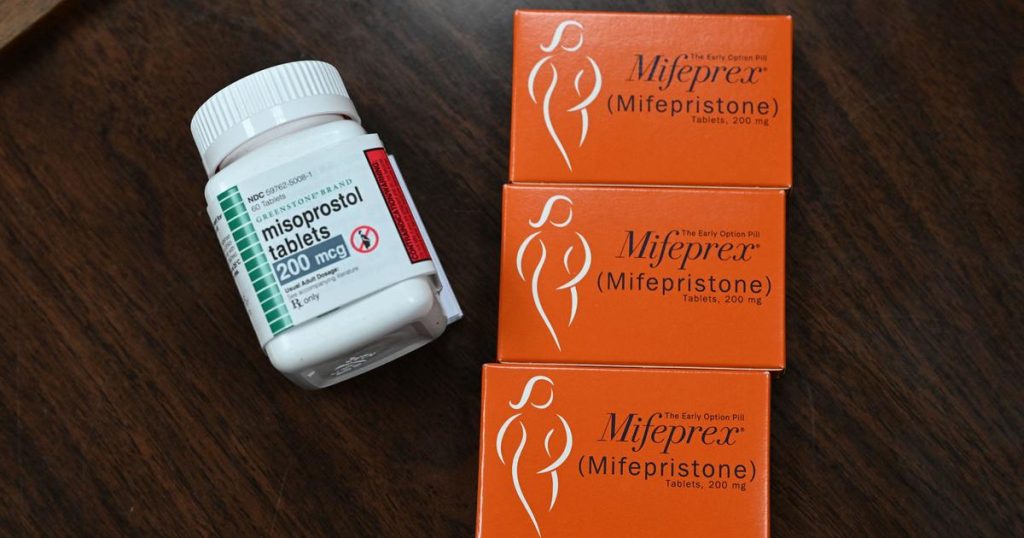The Louisiana House has passed legislation that would classify the drugs used in medication abortions as controlled substances, making it a crime to possess them without a prescription. This would make Louisiana the first state to classify misoprostol and mifepristone, the two drugs used in medication abortions, as controlled substances. The bill passed in the GOP-controlled state House by a vote of 64 to 29, and pregnant women are exempted from prosecution under the legislation. This move is seen as a way for opponents of abortion to limit access to the two-drug regimen, which accounts for over half of all abortions in the U.S.
Mifepristone, which was approved by the FDA in 2000, has been a target for opponents of abortion in recent years, as the Supreme Court considers a case concerning the drug’s use. The two drugs are not only used for medication abortions but also for other medical purposes such as managing miscarriages. However, the legislation in Louisiana could make it difficult to use the drugs for medically necessary purposes, as it would require the government to monitor pregnant women and those who prescribe the medication. This could involve creating a database of prescriptions for every woman prescribed mifepristone and misoprostol, regardless of the reason for the prescription.
While abortion is already restricted in Louisiana, except in cases where it is deemed necessary to prevent the risk of death for the mother or when the pregnancy is medically futile, the legislation could serve as a template for other states to target the drugs used in early-stage pregnancies. Critics of the bill argue that it could lead to women in Louisiana being monitored, tracked, and potentially sent to prison for holding FDA-approved medications. Mitch Landrieu, the former mayor of New Orleans and a Biden campaign co-chair, described the legislation as part of a “dystopian agenda” pushed by Trump and his allies. The bill’s passage raises concerns about the potential impact on women’s reproductive rights and access to medication abortions in the state.
The controlled substances designation of misoprostol and mifepristone in Louisiana raises questions about the implications for women’s healthcare and reproductive rights. The bill’s passage reflects a broader effort by opponents of abortion to restrict access to medication abortions, which are a key avenue for those who support abortion rights. The impact of this legislation on women’s healthcare and medical decision-making, as well as the potential for similar measures to be introduced in other states, remains to be seen. Critics argue that the bill could have far-reaching consequences for women’s health and autonomy, while supporters see it as a necessary step to regulate the use of the two drugs in the state.


